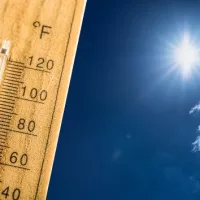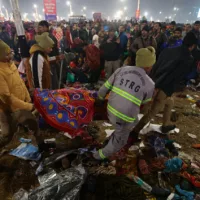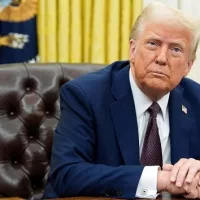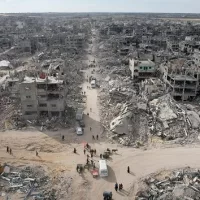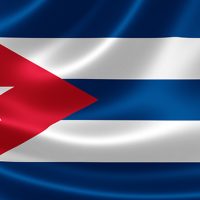
 iStock/Thinkstock(HAVANA) — In the rugged Sierra Maestra mountains near where Fidel Castro made his hideout as he led a guerrilla uprising in the late 1950s, Cubans say they are still grateful for the land reforms and modern amenities his leftist revolution brought to the area.
iStock/Thinkstock(HAVANA) — In the rugged Sierra Maestra mountains near where Fidel Castro made his hideout as he led a guerrilla uprising in the late 1950s, Cubans say they are still grateful for the land reforms and modern amenities his leftist revolution brought to the area.
Fidel Castro’s younger brother Raul Castro, 86, steps down as president this week. His successor is likely to be 57-year-old Miguel Diaz-Canel, the first time that Communist-run Cuba has had a leader born after the 1959 revolution.
In Santo Domingo, the hamlet closest to the “Comandancia La Plata” where the rebels had their military headquarters, locals say they owe much to the Castros’ revolution, despite an ailing economy that Raul Castro’s tentative market reforms have failed to fix.
“I have a happy life: I have a place to farm; I have animals,” said farmer Paulo Alvarez, 55, whose pigs, turkeys, and chickens roam freely around his wooden hut, grunting and squawking. “I thank the revolution for that. It was not like this before.”
Fidel Castro, who ruled for decades before handing off to his brother and who died in retirement in 2016, nationalized many large agricultural properties after coming to power, part of a sharp leftward turn that prompted many Cubans to leave the island and that sent relations with the United States into a long freeze.
Title to the land was given free of charge to former tenant farmers, farm laborers and sharecroppers. Many farmers then joined together to work under the umbrella of state and cooperative farms.
The Cuban government also brought medical facilities, schools and paved roads to remote places like Santo Domingo, a village of several hundred inhabitants nestled in the wooded mountains by a river.
Resident Luis Enrique Perez was able to train as an English teacher, although he gave up teaching because of the low salary. Despite the revolution’s achievements in social indicators like education, much of Cuba’s population scrapes by on state wages, which at around $30 per month are a source of common grumbles.
Perez said he found better-paid work as a guide at the Comandancia La Plata, which nowadays attracts visitors exploring Cuba’s political heritage.
“I can make better money and also practice my languages with tourists, which is my passion,” said Perez, as he pointed to the large bed where Fidel Castro once slept next to a window overlooking the surrounding undergrowth.
Adding a touch of authenticity, a 1950s American fridge stands in the main room with a bullet hole where it is said to have been hit by enemy fire while being carried up the mountains to the “Commandante’s” hut.
“Raul did many good things to Cuba in the last 10 years,” he said. “He has changed the social life of the country, with cooperatives, private business, hotspots, internet, mobiles.”
The younger Castro has opened up Cuba’s state-run economy to private enterprise in an attempt to boost growth and trim the state payroll. A surge in tourism over the past few years has fostered that fledgling private sector.
In Santo Domingo, private restaurants and bed-and-breakfasts have sprung up alongside the main road, where cows and horses saunter across nonchalantly in search of better pastures.
“Cuba would be the best place to live in the world,” said Perez, “if state salaries were good enough.”
Copyright © 2018, ABC Radio. All rights reserved.






